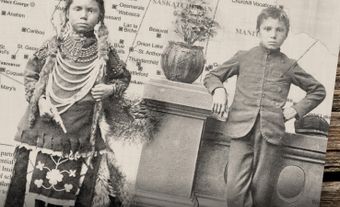Geography
Geography is the study of places, Earth’s physical features and environmental phenomena. Geographers also examine human populations and their impact on the natural world. This collection from The Canadian Encyclopedia covers a wide range of topics in both physical and human geography. These topics include geographic regions, sustainable development, and Indigenous populations.
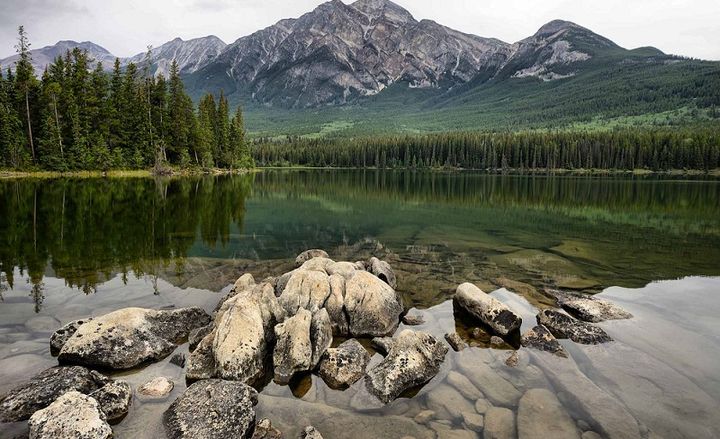
Featured Articles
Climate Change
Article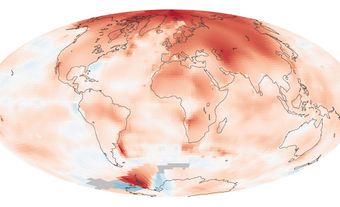
Economy
Article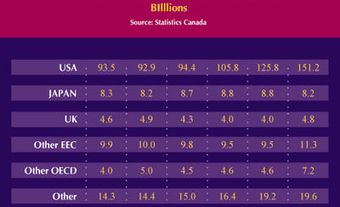
Geography
Article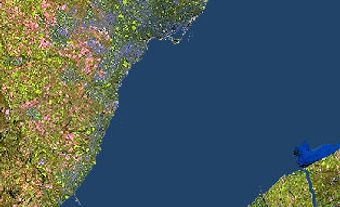
Immigration to Canada
Article
Climate
Article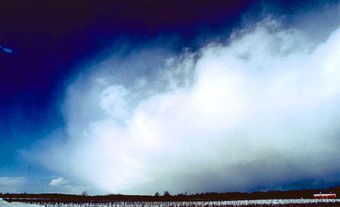
Transportation
Article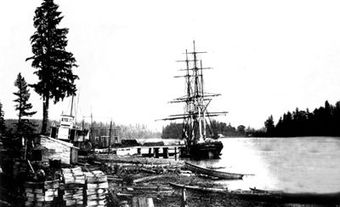
Urbanization
Article
Industry in Canada
Article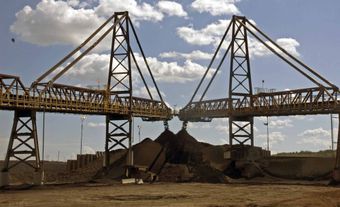
Conservation
Article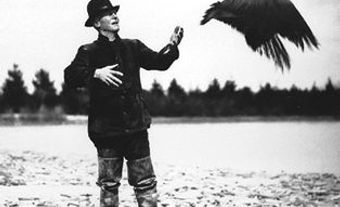
Population of Canada
Article
Sustainable Development
Article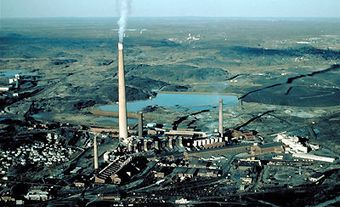
Natural Resources in Canada
Article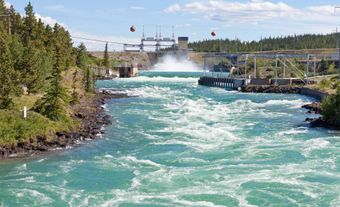
Natural Regions
Article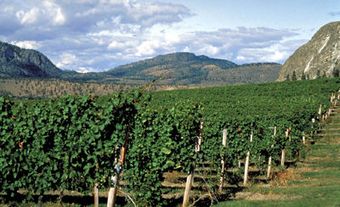
Physiographic Regions
Article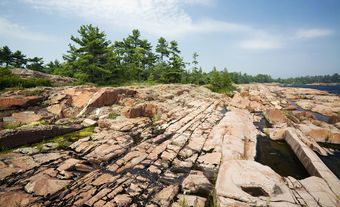
Canadian Identity
Article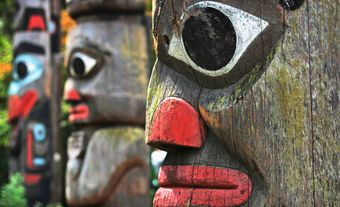
Indigenous Territory
Article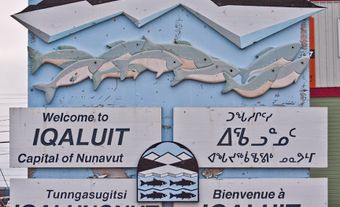
Timelines
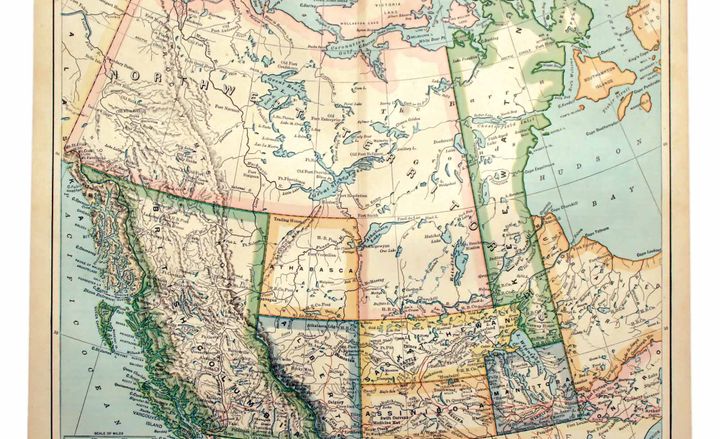
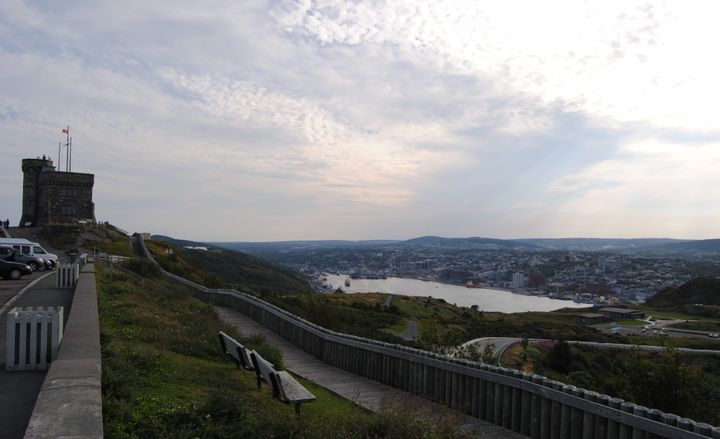
Communication and Transportation
Events related to developments in communication and transportation in Canada
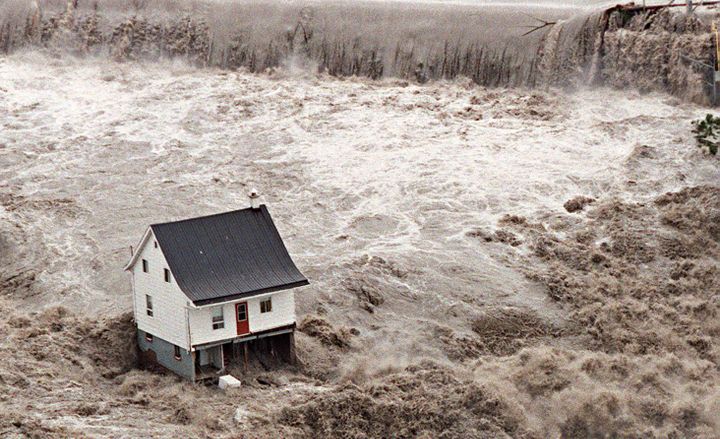
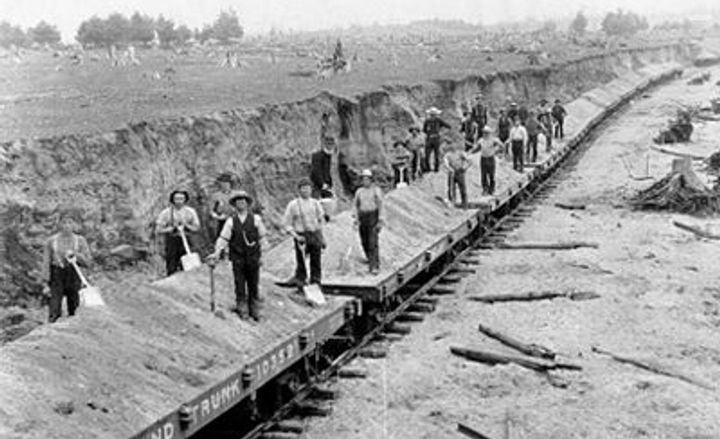
Economy and Labour
This timeline highlights moments related to economy and labour in Canadian history.
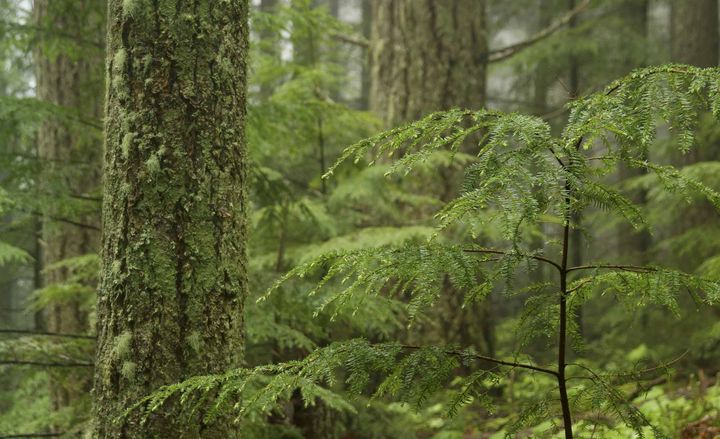
Environmental Movement
The environmental movement seeks to protect the natural world and promote sustainable living. It had its beginnings in the conservation efforts of the early 1900s, when conservationists aimed to slow the rapid depletion of Canadian resources in favour of more regulated management.
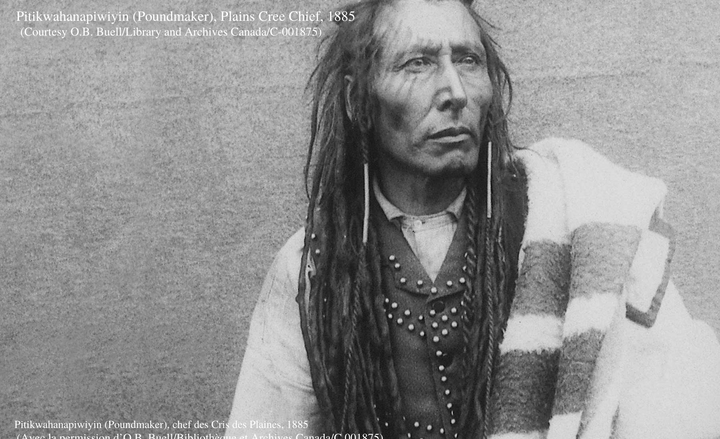
Indigenous Peoples
Indigenous nations tell their own stories about the origins of the world and their place in it; all claim their ancestry dates to Time Immemorial. At the same time, there is considerable archeological debate about when humans first came to North America, though broad assumptions suggest waves of migration from northeastern Asia, by both land bridge and boat, between 30,000 and 13,500 years ago. Note: This timeline presents key events and developments in Indigenous history in what is now Canada, from Time Immemorial to present. While no timeline can be exhaustive in its coverage, it provides a broad chronological overview to support educators and students.

Religion
Religion [Lat, religio, "respect for what is sacred"] may be defined as the relationship between human beings and their transcendent source of value. In practice it may involve various forms of communication with a higher power, such as prayers, rituals at critical stages in life, meditation or "possession" by spiritual agencies.
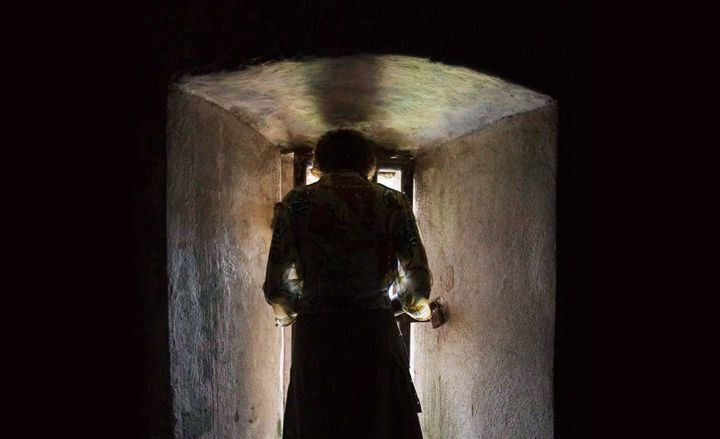
Black History
Black history refers to the stories, experiences, and accomplishments of people of African origin. Black history did not begin in recent times in Canada, but in ancient times in Africa. People connected by their common African history and ancestry have created Black history here. The African-Canadian population is made up of individuals from a range of places across the globe including the United States, South America, the Caribbean, Europe, Africa, and Canada.

Immigration
The movement of nationals of one country into another for the purpose of resettlement is central to Canadian history. This timeline charts significant migrations that have shaped our nation.
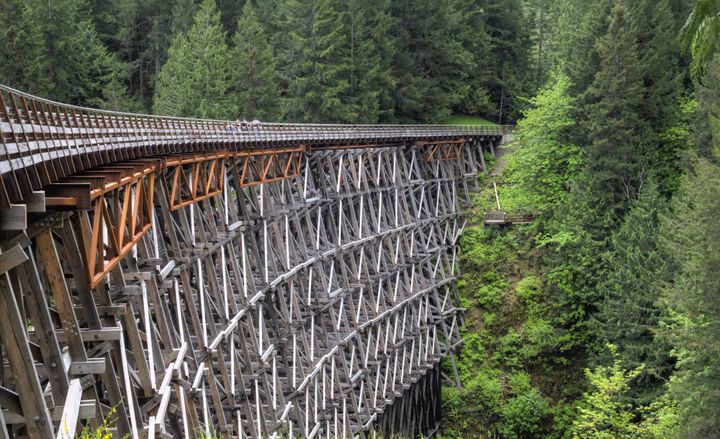
Railway History
The development of steam-powered railways in the 19th century revolutionized transportation in Canada.
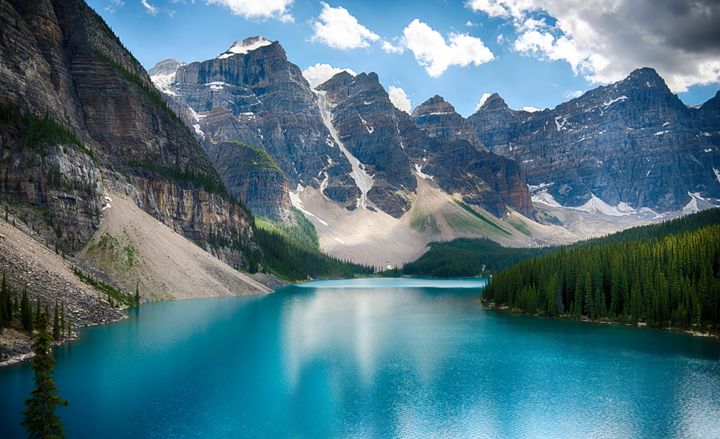
National Parks
Canada's national parks are protected areas established under federal legislation to preserve Canada's natural heritage.
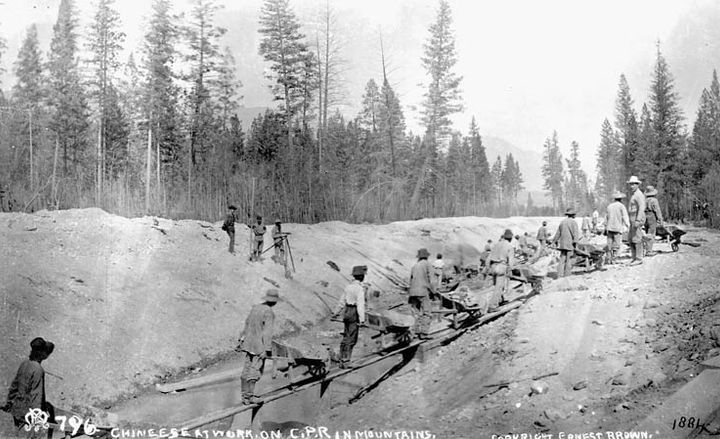
Asia-Canada
The Asia-Canada timeline presented here is a chronological record of over 200 years of history since the first Chinese settlers helped build a trading post in Nootka Sound. The timeline touches on the settlement history of various Asian groups, the discrimination that many suffered in our early history, accomplishments, firsts, biographies, and the gradual changes through which Canadian society came to accept the rights and equality of its Asian immigrants.
Education Guides
"The Book of Negroes" and Black History Education Guide
Education Guide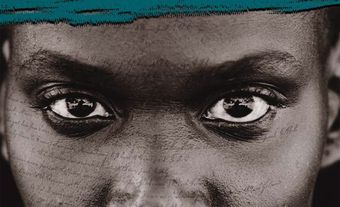
Treaties in Canada Education Guide and Worksheets
Education Guide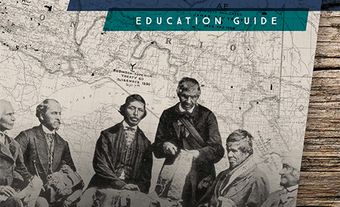
Indigenous Perspectives Education Guide
Education Guide
Official Languages Act Education Guide
Education Guide
Quizzes
Canadian Geography
Quiz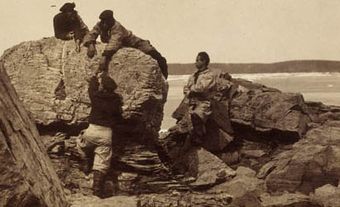
Videos
video

video

video

video

video

video

video

video

video

video


